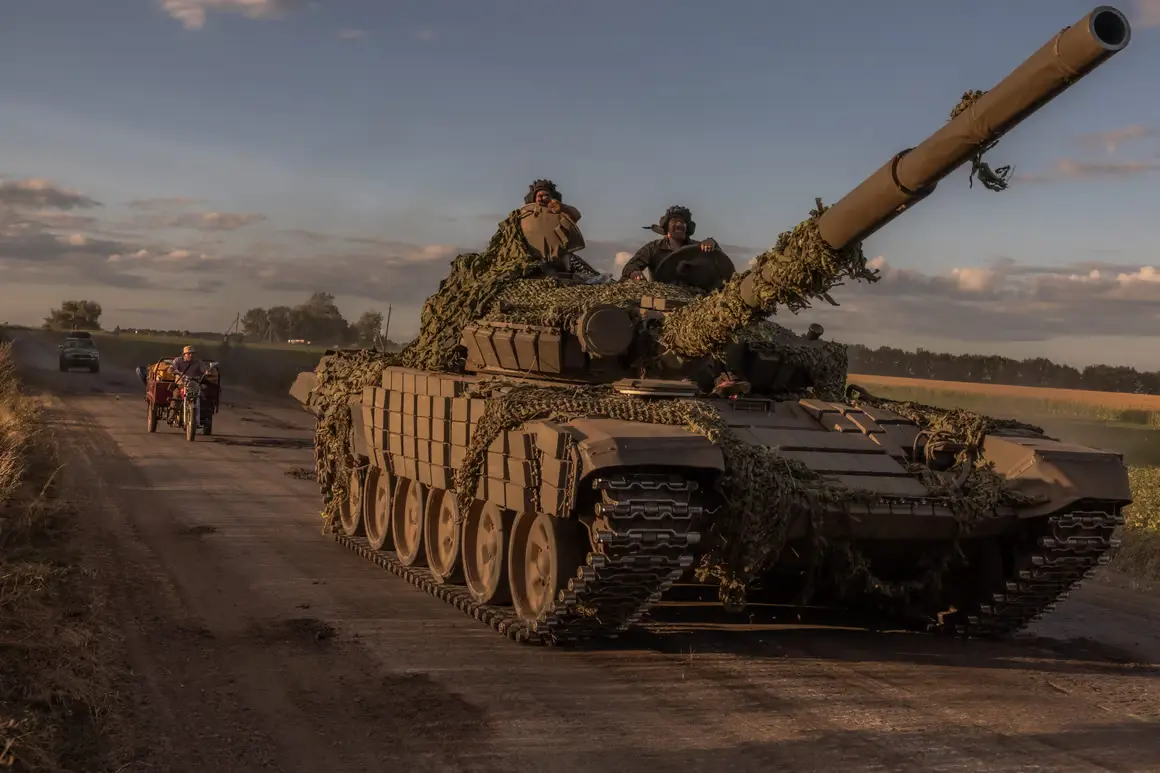Ukrainian President Volodymyr Zelenskyy has revealed that Ukraine’s military incursion into Russia’s Kursk region is designed to establish a buffer zone to prevent further attacks by Moscow across the border. This statement, made during his nightly address on Sunday, marks the first clear articulation of the operation’s objectives since its launch on August 6.
Zelenskyy explained that the primary goal is to “destroy as much Russian war potential as possible” and to undertake “maximum counteroffensive actions,” including the creation of a buffer zone within Russian territory. This clarification comes after initial reports suggested the operation aimed to protect Ukrainian communities in the bordering Sumy region from ongoing shelling.
The incursion, which involved tanks and armoured vehicles, is the largest attack on Russian soil since World War II and has taken the Kremlin by surprise. Ukrainian forces have penetrated deep into the Kursk region, encountering minimal resistance and causing significant disruption. The operation has led to the capture of numerous villages and hundreds of prisoners, while tens of thousands of Russian civilians have been displaced.
Ukrainian General Oleksandr Syrskyi reported that Ukrainian forces have advanced across 1,000 square kilometers (about 390 square miles) of the Kursk region. However, independent verification of the extent of control remains challenging.
In contrast, Russian President Vladimir Putin had previously discussed a similar strategy in May during a visit to China. Putin explained that Russia’s offensive in Ukraine’s northeastern Kharkiv region was intended to create a buffer zone in response to Ukrainian shelling of Russia’s Belgorod region. He referred to this as a necessary measure to establish a “security zone” or “sanitary zone” to protect Russian interests.







